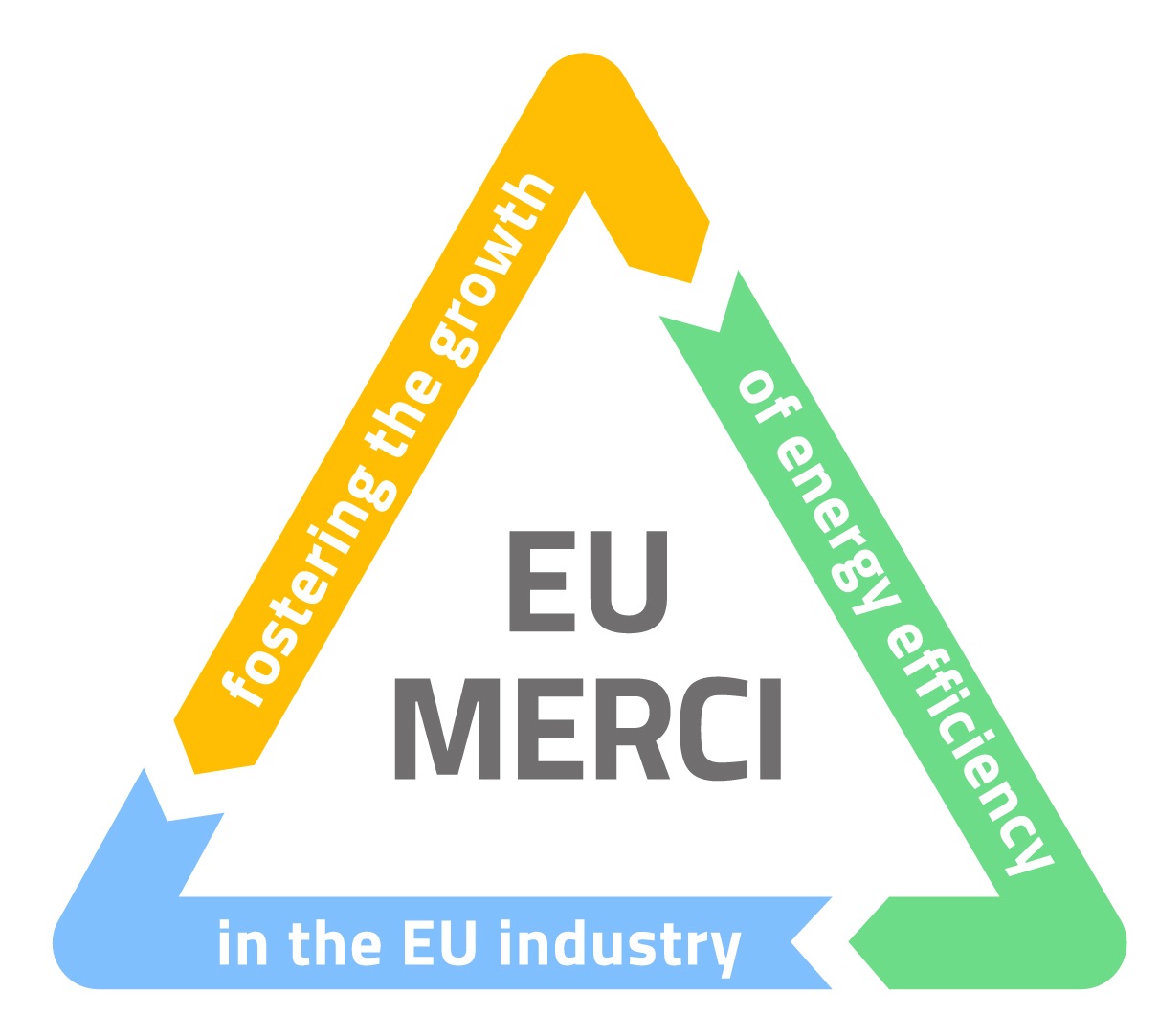Rome, January 2017 – The first report realized within the EU-MERCI project – “Comparative report on technical specificities of EEOSs and alternative measures for the EED implementation” – is available on the website www.eumerci.eu.
It is a comparative report regarding the EEOSs (Energy Efficiency Obligation Schemes) technical specifications (e.g. the white certificates in Italy) and alternative measures related to the Energy Efficiency Directive 2012/27/EU. The main measures implemented in the 29 Member States have been analyzed with a special focus to the policy difference and to the type of schemes adopted. Up to now only 16 MSs have introduced EEOSs for the industry field, sometimes they are combined with other kinds of measures (e.g. fiscal, prescriptive measures or measures based on information and training strategies)
The analysis focuses on the requirements of the different schemes, on the declared methods for the energy savings calculations and on the energy efficiency monitoring approaches. These elements are very important because they are critical aspects of incentives and financial support. Indeed, 19 MSs have set up their measures on these subsidies. However, the methods for the determination and reporting of the achieved energy savings and the verification and supervision requirements were found to be very different in the various MSs.
The report is the first publication of EU-MERCI project, dedicated to good practices for energy efficiency in industrial sector. Next reports will focus on measures implemented and barriers faced by companies in the industrial sector at European level. A database on good industrial practices will be released, which will allow to show the measures implemented by European companies in recent years. In 2017 many events (workshops and webinars) at European level will present the results gathered by the project and will provide enterprises the information on how to seize the available opportunities.
During the meeting with project’s advisors (representatives of the major groups of stakeholders at European level), held on 21 November 2016, preliminary data coming from elaboration of questionnaires submitted to industries and ESCOs was also discussed; the aim is to verify the sensitivity of medium and large enterprises to energy efficiency, the followed approaches for energy efficiency measures and the barriers to their implementation. Initial results show that most of the companies answering to the questionnaire use energy performance indicators and have an energy manager, thus denoting a mature sensitivity to energy efficiency issues. In addition, almost all of them have conducted energy audits and are certified ISO 50001. 90% of them applied energy efficiency measures over the past five years, increasing their credibility and market competitiveness. Eventually it shows that the investment cost is one of the major barrier to the spread of energy efficiency.
